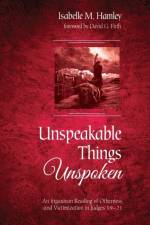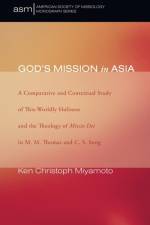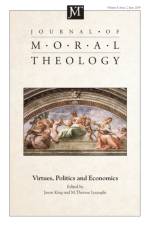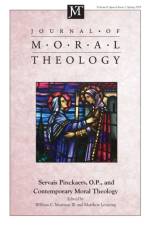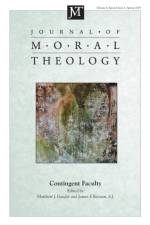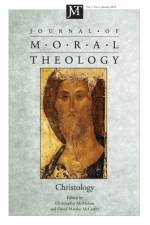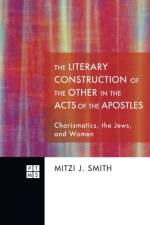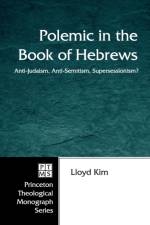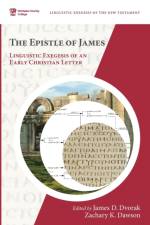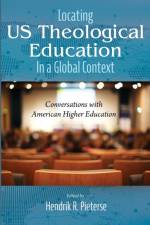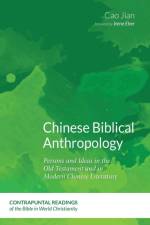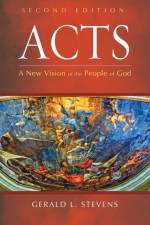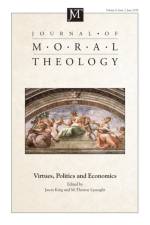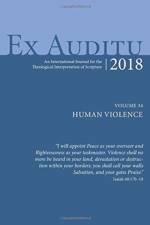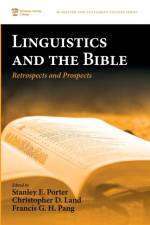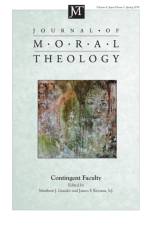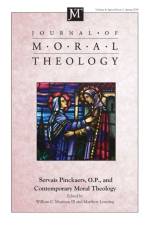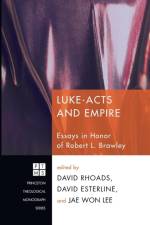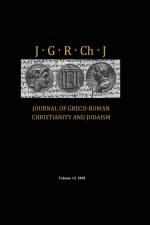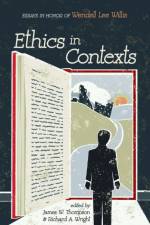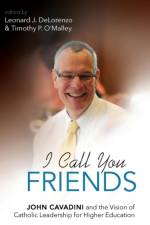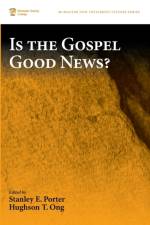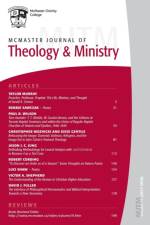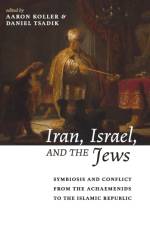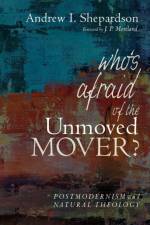419
Believers' Churches have their origin in the Radical Reformation of the sixteenth century. Over the past 450 years the movement has included the Brethren, Mennonites, Hutterites, various types of Baptists, and the Restoration Movement. While never a unified denominational structure, the Believers' Churches together have been characterized by a strong personal faith in Christ, a call to discipleship and Christian activism, a high view of the authority of Scripture, and profession of faith in believers' baptism. The Believers' Churches have represented their beliefs in various ecumenical settings, missionary gatherings, and theological conversations.In the late 1950s, representatives of the several Believers' Churches began to meet in a series of conferences to explore their common views on doctrine, history, and ethics. Topics at the conferences have included baptism, Lord's Supper, the nature of the church, and religious voluntarism. In 2016, the 17th Believers' Church Conference was held at Acadia University and sponsored by Acadia Divinity College. The theme was ""The Tendency Toward Separationism Among the Believers' Churches,"" a key recurring characteristic. This volume includes the papers presented at the conference and examines the theme from an immediate post-Reformation perspective, including Baptists, Black Baptists, Restorationists (including the Churches of Christ), the Hutterites, Pentecostals, the role of women, and significantly, the separationist tendency as it occurs in New Religious Movements. Typologies and analyses are provided by leading historians, theologians, and social science specialists.""As a corollary to the 500th anniversary of the Radical Reformation, here is a collection of fresh and scholarly essays that carefully underscores General and Particular Baptists, Black Baptists, Mennonites, Hutterites, Pentecostals, and other Restorationist movements. Taking their cue from the great Brethren historian, Donald Durnbaugh, this nonsectarian volume entitled 'Be Separate' elucidates the meaning of the Believers' Church tradition.""--Chris Chun, Professor of Church History and Director of Jonathan Edwards Center at Gateway Seminary near Los Angeles, California""Since the Reformation, Evangelical Christians have been asked: Why do your churches proliferate? Isn't separation a sign of division? Or does separation mask a deep unity? The excellent historical, theological, and social essays herein offer profound answers to these important questions. Every Christian thought leader should read this timely treasure from the Believers' Church Tradition, but especially scholars who are Baptist, Mennonite, Church of Christ, Brethren, Pentecostal, or Free Church.""--Malcolm B. Yarnell III, Research Professor of Systematic Theology, Southwestern Seminary""I am grateful to Dr. Brackney for capturing the major themes of that specific group of congregations known as Believers' Churches. The reader will be informed and inspired by the deeply held biblical and theological convictions of those leaders of this movement in the immediate post-reformation period. The breadth of contributors and academic disciplines represented add to the value and weight of this book."" --Harry Gardner, President, Acadia Divinity College, Dean of Theology, Acadia UniversityWilliam H. Brackney is currently the Pioneer MacDonald Professor of Baptist Studies and Ethics at Carey Theological College in Vancouver, BC. Evan L. Colford is an MA student in Baptist Studies at Acadia University in Wolfville, Nova Scotia, Canada, and serves as pastor of Berwick Baptist Church, Berwick, Nova Scotia.

